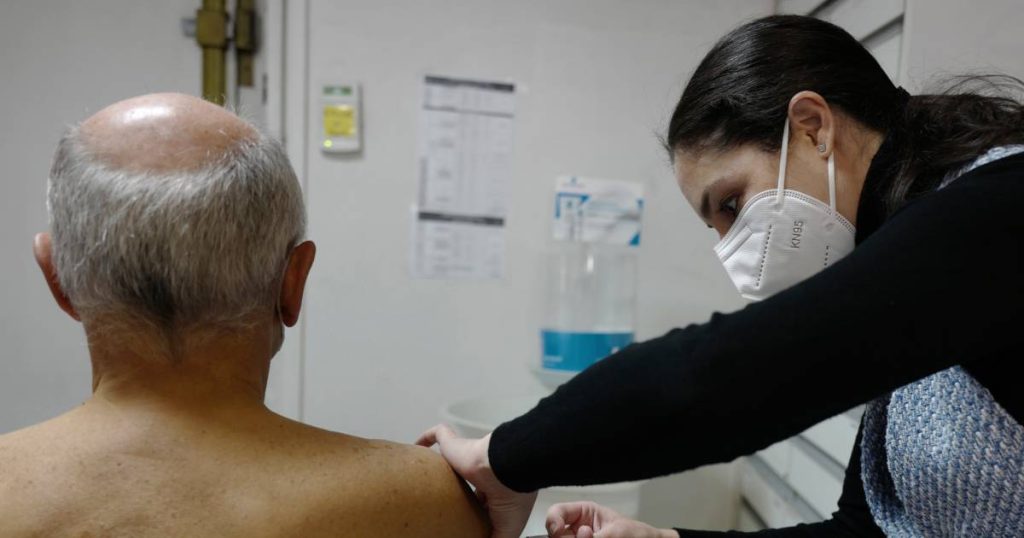Six months after contracting coronavirus, at least one in seven patients still had symptoms, such as fatigue, shortness of breath and so-called brain fog, a group of memory and concentration problems. Long-term Covid-19 affects every age group, but is most common in people between the ages of 35 and 69. This is evidenced today by a study conducted by the Federal Center for Health Care Knowledge (KCE).
A few months after the outbreak of the Corona epidemic, some patients found that it took longer to recover and that they had symptoms that no one could explain. They complained of abnormal and excessive fatigue that did not go away even after rest. The athletes were hampered by shortness of breath. Others experienced brain fog and problems with memory and concentration. Patients gather on social media. In Belgium, the Ligue des Usagers des Services de Santé has requested a study of the needs and follow-up of people with Covid-19 long-term at KCE.
1 in 7 people still have symptoms 6 months after being infected
Based on the international scientific literature, the Knowledge Center estimates that one in seven people is still experiencing symptoms six months after contracting the coronavirus. “The numbers are significantly higher in patients who are hospitalized during the acute phase,” says KCE. Higher numbers were reported during the first three months after infection, which indicates that a proportion of patients with long-term Covid-19 recover. The analysis shows that long-term Covid-19 affects both people who have had a severe form of Covid-19 and people who have a mild (or perhaps even asymptomatic) form.
Some symptoms are said to be caused by organ damage from the original viral infection. Other symptoms are said to be caused by the body’s abnormal responses — such as immune and inflammatory responses — to infection. The third type of symptom is a worsening of pre-existing illnesses — such as diabetes and heart problems — after an injury or hospitalization. “These three types of symptoms can occur together, which explains the significant differences in how this condition presents clinically,” says KCE.
In February, the Knowledge Center conducted an online survey among 1,320 people with long-term Covid-19 and interviewed about a hundred participants. This showed that patients experience symptoms quite differently, from limited to life-changing. “In general, prolonged Covid-19 results in a pronounced decrease in quality of life, a certain loss of independence and difficulties in returning to work. The psychological consequences are serious,” says KCE. Patients are concerned about how long the symptoms will last and how to deal with disbelief and stigma in their environment.
Patients are lost in the healthcare system
In addition, a third of patients reported a lack of information, skilled staff, or access to care. According to the Knowledge Center, “Patients report that they often feel lost in our healthcare system and that there is a lack of a global approach to their problems.” This is why KCE sees the benefit of a global functional assessment, a bilan, which is positioned in specialist centers and refers patients to customized treatments in primary care.
Care that may be helpful in treating Covid-19 in the long term is largely offset, but not all reimbursement options are known. It also remains unclear which treatments are effective for Covid-19 in the long term. In the meantime, the Knowledge Center proposes to provide temporary compensation and establish an objective protocol for the long-term care of Covid-19. KCE will also support clinical studies into possible treatments for Covid-19 in the long term.
Unlimited free access to Showbytes? And that can!
Log in or create an account and never miss any of the stars.

“Creator. Award-winning problem solver. Music evangelist. Incurable introvert.”







More Stories
British military spy satellite launched – Business AM
Alarming decline in the Caspian Sea
Lithuania begins construction of military base for German forces